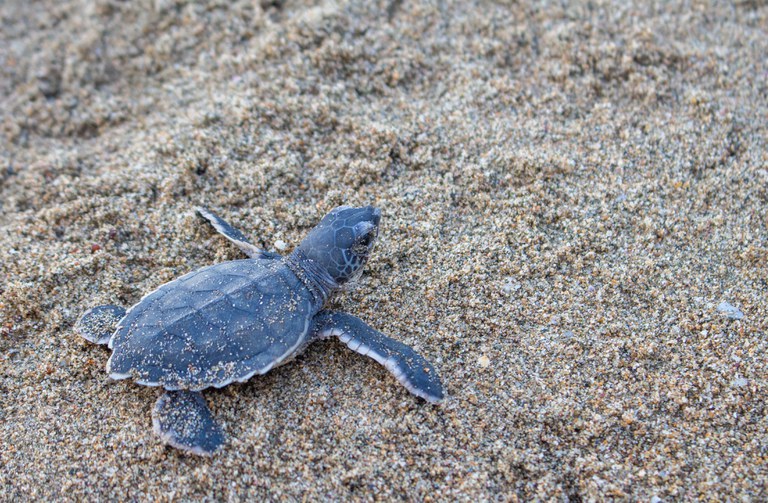USAID’s comprehensive approach to wildlife conservation and management includes efforts to combat illegal trade, reduce human–wildlife disease transmission, and foster wildlife-friendly enterprises. To address wildlife trafficking, the Agency works in priority countries that are sources of wildlife and wildlife products, transit points, and/or destinations for sellers and buyers.



